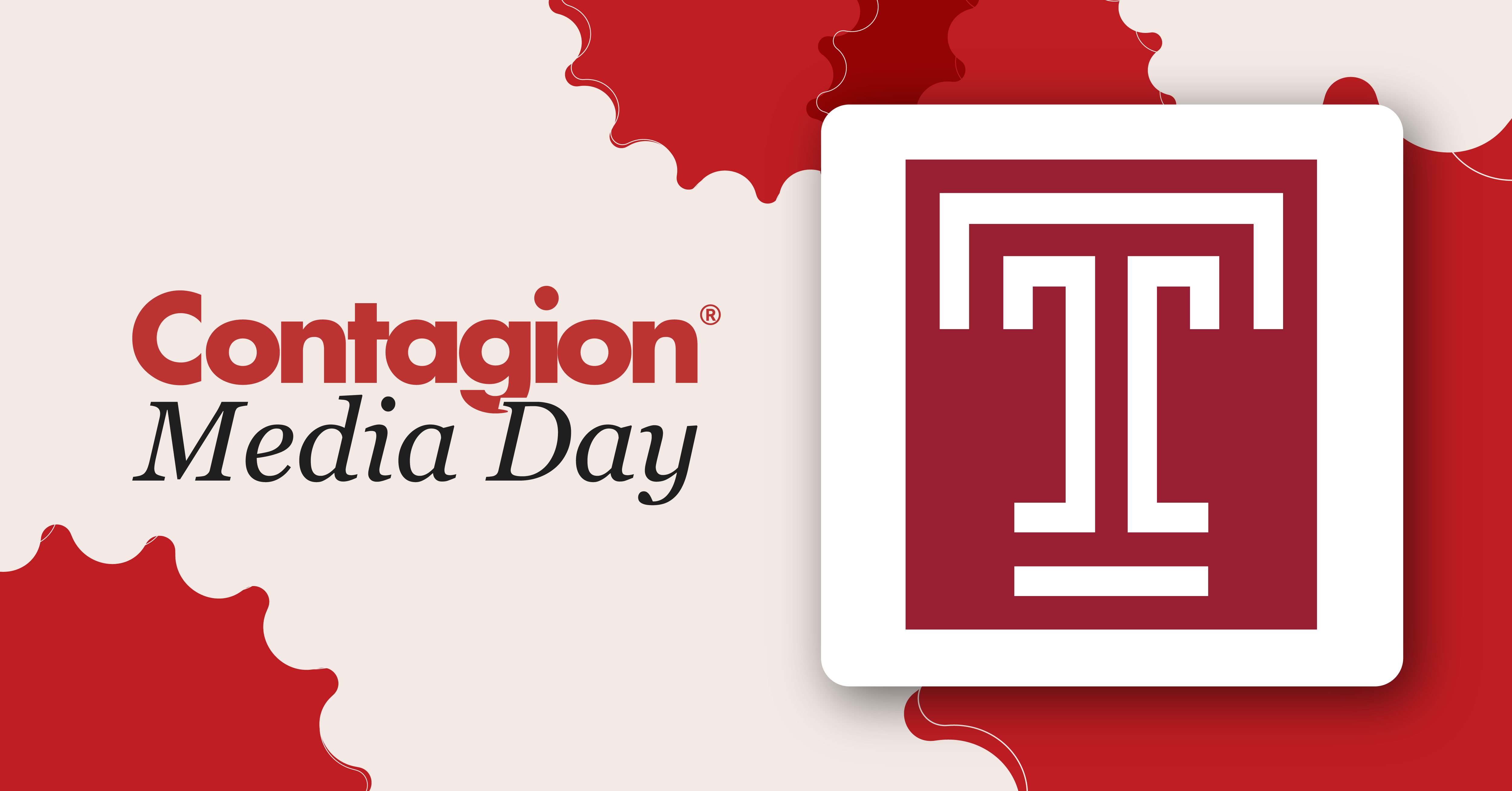Evolution of HIV Care and Fellowship Education

In the second installment of our Media Day interview, Temple University Hospital’s Rafik Samuel, MD, talks about what he has experienced as a clinician seeing patients with HIV before there were treatments available as well as his approach with fellows in teaching them about this disease.
This is our new series, Media Day, where we spotlight individual medical institutions and infectious disease (ID) programs. The first in our series is Temple University Hospital in Philadelphia, Pennsylvania.
Rafik Samuel, MD, cared for patients with HIV in the early 1990s before the development of antiretroviral therapies and, in many cases, no hope for patients to recover.
“When I started my training, we were basically dealing with issues that were not treatable, and we lost a lot of our patients,” Samuel said.
Samuel, chief of the Section of Infectious Disease at Temple University Hospital and professor of medicine at Lewis Katz School of Medicine at Temple University, has seen an evolution in HIV treatment to where patients today can live with HIV long term, much like someone with a chronic condition, and with a good quality of life.
“The field has moved so amazingly forward that now if I have a patient, I can give them one pill a day, and it's like having high blood pressure. I can't cure it, but I can treat it,” Samuel said. “They do very well. Visits have gone from discussing really bad complications to what I call well adult visits, where they're doing very well.”
As Samuel specializes in HIV care, he works with fellows at Temple and has a specific approach with this specialty.
“I approach HIV for our fellows as someone who, when they start, has no knowledge of HIV, so we created a curriculum that we give once a week. It's a lecture from the basics of the medicines all the way to the complications that one may run into. They get a very broad learning education in HIV,” Samuel said.
In addition to this, Temple fellows conduct a weekly HIV continuity clinic where they will see patients. It's their own panel, which is precepted by Samuel or one of the other HIV faculty. This allows fellows to have clinical experience for both outpatients and inpatients and treat those with complications associated with HIV.
Look for the next episode tomorrow with Stephanie Spivack, MD. She will discuss her fellowship experience at Temple as well as the Health Justice and Bioethics Program and advocacy opportunities at the institution.
Newsletter
Stay ahead of emerging infectious disease threats with expert insights and breaking research. Subscribe now to get updates delivered straight to your inbox.


































































































































